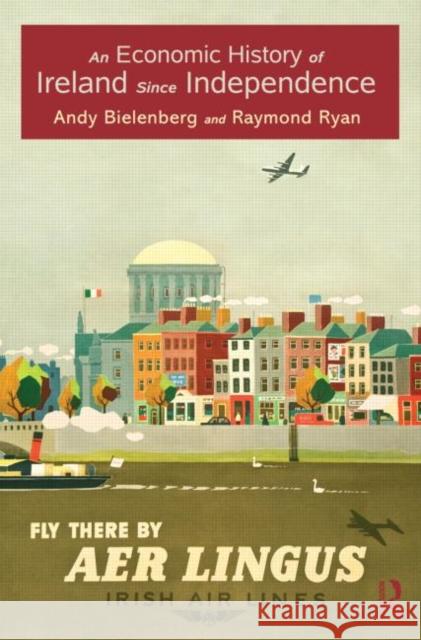An Economic History of Ireland Since Independence » książka
An Economic History of Ireland Since Independence
ISBN-13: 9780415566940 / Angielski / Twarda / 2011 / 304 str.
An Economic History of Ireland Since Independence
ISBN-13: 9780415566940 / Angielski / Twarda / 2011 / 304 str.
(netto: 766,51 VAT: 5%)
Najniższa cena z 30 dni: 730,42
ok. 16-18 dni roboczych.
Darmowa dostawa!
The recent dramatic decline in the economic fortunes of the Republic of Ireland have been all the more painful, because it followed the most rapid period of economic development ever witnessed in Irish economic history, when growth rates since the early-1990s surpassed those in the rest of Western Europe. With an unusual openness to international trade and capital flows and a relatively benign corporate tax regime and closer links to the American economy (in terms of investment and trade) than other parts of Western Europe, this growth was something of an aberration in a wider European context and requires explanation. This book provides a synthesis of recent research on Irish economic development, tracing the evolution of the economy since independence with particular reference to how the state sought to shape, regulate and deregulate economic activity to deal with the challenges posed by the wider international environment. In many ways, this book is a follow up to Bielenberg's Ireland and the Industrial Revolution, published by Routledge in 2009. Bielenberg and Ryan chart Ireland's economic progress, examining the unsuccessful attempts to promote economic growth from 1932 through import-substitution and protectionism, the policy frameworks developed in the 1950s and 1960s which sought to create a more open economy, Ireland's entry into the EEC in 1973 and the improvement of the country's economic performance, as well as Ireland's economic relationships with Europe, the USA and the UK.











